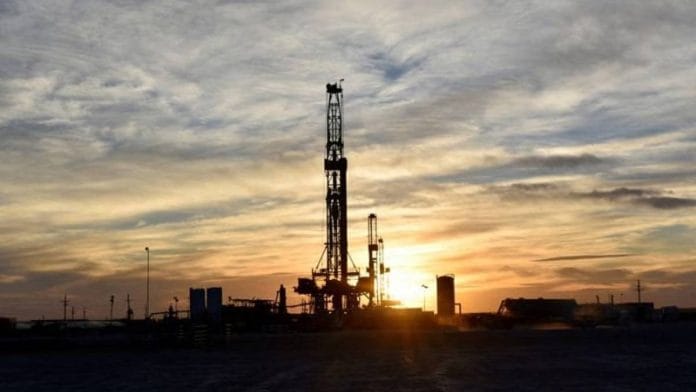New Delhi: India will focus on climate adaptation strategies to safeguard the country’s economic growth, while considering the reworking of its clean energy targets in the coming years, Economic Survey 2024-25, tabled before Parliament Friday, says.
The survey highlights that coal and other fossil fuels will remain at the centre of India’s energy needs and will drive its development story at least for the near future because of their reliability.
“Coal has an important role to play in India’s sustainable development,” the survey states, adding: “India has growing energy needs. The 2030 Agenda for Sustainable Development also includes a dedicated and stand-alone goal on energy, SDG 7, which calls for countries to ensure access to affordable, reliable, sustainable and modern energy for all.”
Citing the growth stories of developed countries like the US and UK, the survey notes that around 88 percent of the US’s coal-fired capacity was built between 1950 and 1990, and in the UK, coal-run power plants dominated the energy supply till the late 1970s, when natural gas was identified as a reliable substitute.
In India’s case, most capacity additions to the coal-fired power plants were made only in the 2010s, because of which, according to the survey, there was “no valid economic rationale for shutting down coal plants in India”.
It says that shutting coal-powered plants would mean leaving huge investments underutilised and stranded and without a dependable alternative in place.
“The US and European countries may transition from coal to natural gas because they have access to that resource, and their older conventional coal-based thermal plants are nearing the end of their life cycle,” the survey notes.
It highlights that, unlike many developed countries, India’s only reliable energy source is coal, as it possesses around 10 percent of the world’s coal reserves but only 0.7 percent of the world’s natural gas reserves.
Also Read: Economic Survey flags exorbitant cost of studying medicine, faculty crisis, regional disparity
Target to achieve ‘developed nation’ status by 2047
The survey underlines India’s ambitions towards attaining “developed nation” status by 2047 and this vision will be anchored by the motto of “sustainable, overall development”.
“India must decisively leverage its best resources, advanced technologies, and expertise to accelerate its journey towards becoming a developed nation by 2047 while ensuring a low-carbon pathway,” the survey says.
“Following this critical milestone, the nation must pursue its ambitious goal of achieving net zero emissions by 2070.”
The survey also states that reaching the net-zero emissions goal by 2070 would require “robust implementation plans” that are designed to face the tough challenges posed by climate change.
“To strengthen its renewable energy initiatives, India must prioritise investment in extensive grid infrastructure improvements and the secure sourcing of critical minerals necessary for this transformative shift,” the survey says.
India’s Initial Adaptation Communication submitted to the United Nations Framework Convention on Climate Change in December 2023 said the expenditure related to adaptation in FY22 was 5.6 percent of the Gross Domestic Product (GDP). It marked an increase from 3.7 percent in FY16.
According to the provisional estimates taken into account in Energy Statistics India 2024, India’s total final consumption of energy per capita for FY23 was 16,699 megajoules or around 16.7 gigajoules.
This indicates that the gap between actual and required future energy consumption to fuel growth to achieve ‘Viksit Bharat’ status is quite huge, says the survey.
The economic survey also comes down heavily on the lack of global cooperation from developed nations.
It says that the outcome of the ‘new collective quantified goal’ on climate finance at the Conference of Parties (COP29), held in Baku last year, which was poised to be the ‘finance COP”, presented “little optimism about the possibility of support to developing countries”.
The survey notes that the funding shortfall may lead to the reworking of climate targets.
“Considering that domestic resources will be the key to action, resources for meeting development challenges may be affected, undermining progress toward sustainable development objectives and compromising the integrity of international climate partnerships,” it states.
(Edited by Nida Fatima Siddiqui)






